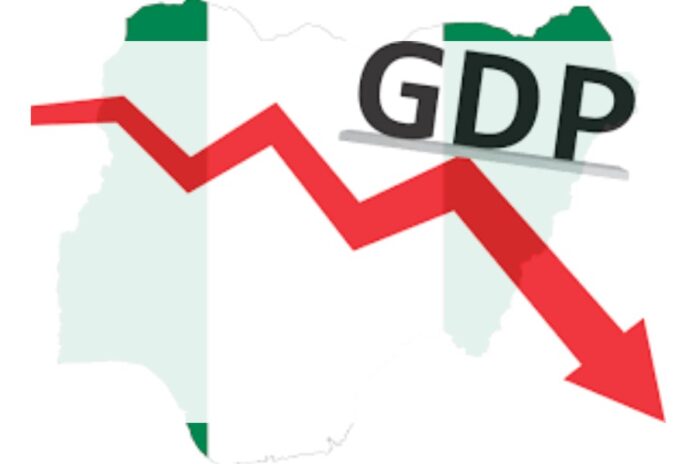With GDP growth expected to slow to 3.9 percent, Nigeria’s economy is projected to grow at a slower rate in the third quarter of 2025. against the 4.23 percent registered the preceding quarter.
The moderation is evidence of the continuing impacts of monetary policy changes, volatile oil prices, and volatile capital flows. Broadly matching with the International Monetary Fund’s prediction of 3.4 percent, analysts predict growth to stay between 3 and 3.6 percent for 2025 as a whole.
Inflation has been alleviating, with the National Bureau of Statistics noting five straight months of drop to 20.12 percent in August. Somewhat steady gasoline prices and a stronger naira have helped to drive this trend. Any renewed pressure on the exchange rate or an increase in energy prices might derail the disinflation momentum, however experts warn.
Should currency stability hold, the Central Bank of Nigeria may think about another cut to 26 percent in November since the Monetary Policy Rate was recently cut to 27 percent. Closing the gap between official and parallel markets, the naira currently trades between ₦1,515 and ₦1,560 per dollar. Still, oil profits are still a big concern because any drop in worldwide prices could start new volatility.
Government revenues have increased 41 percent from the same period last year, reaching ₦20.59 trillion between January and August 2025. Strong dollar inflows are also helping states and local governments, therefore providing them more financial flexibility. Still, the country’s debt load is increasing; the Debt Management Office says it will grow to ₦149 trillion in Q1 2025, up from ₦121 trillion a year before.
Though recent successes, Nigeria’s fiscal sustainability could come under renewed stress if stronger oil earnings and more non-oil exports are not present, The News Chronicle understands.
Attractive yields and a stronger naira have helped to propel foreign portfolio inflows to $5.64 billion, thus strengthening. Short-term investment into equities and government securities is anticipated to persist; however, long-term foreign direct investment remains little.
Sectors including finance, telecommunications, transportation, building, and oil refining helped Q2’s growth, while contractions were seen in real estate, trade, and components of manufacturing, especially textiles and automobile assembly.



